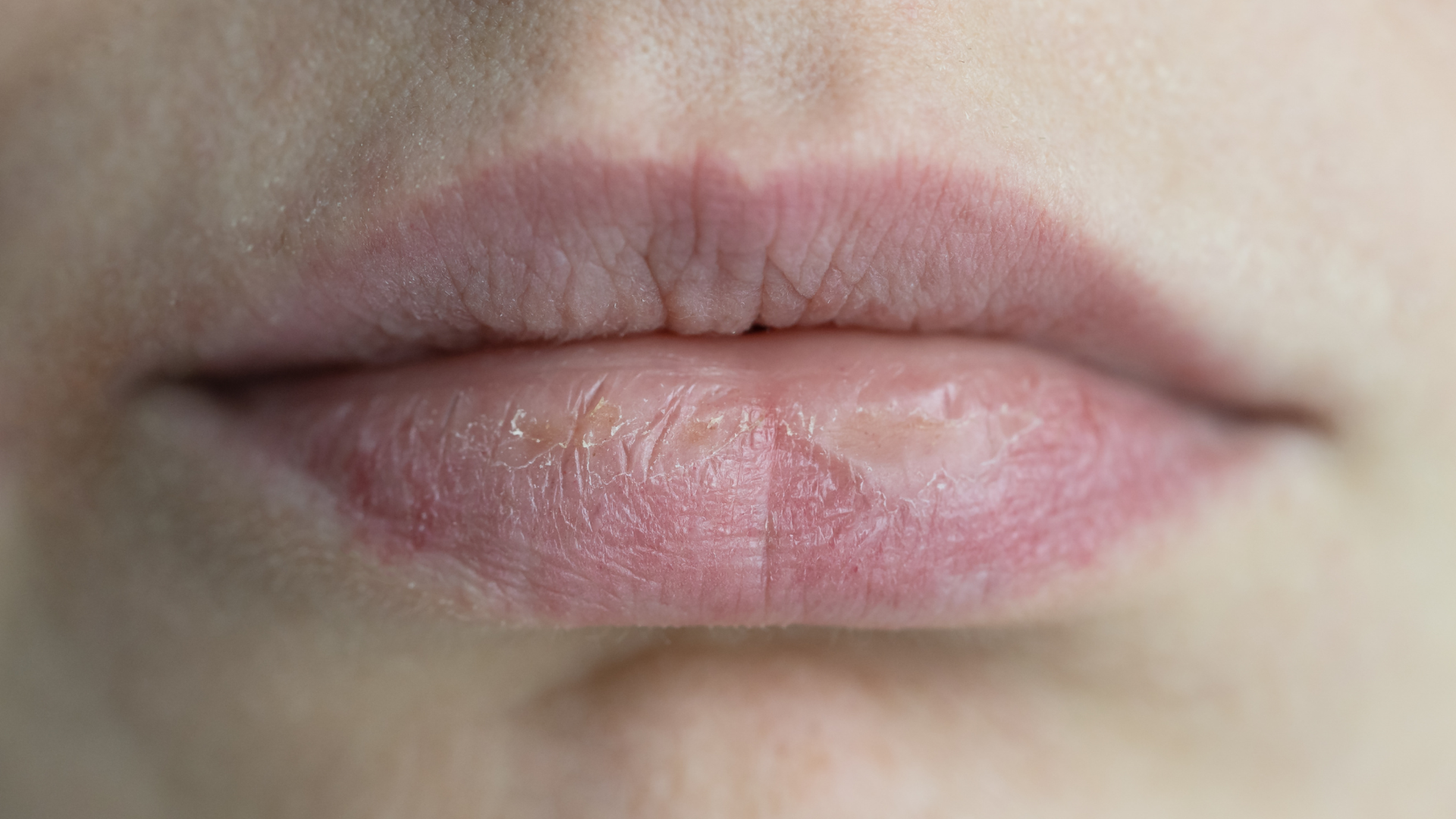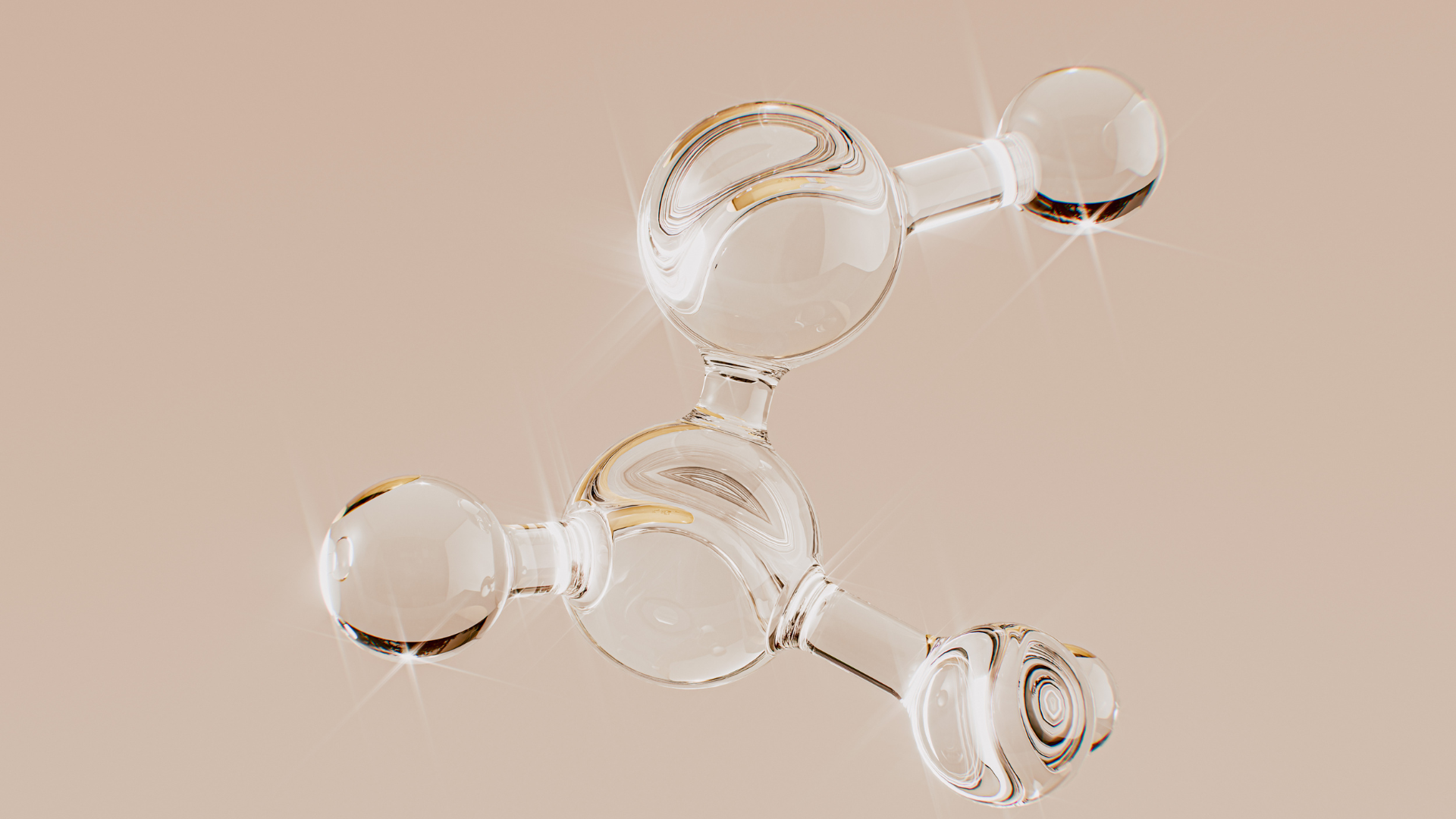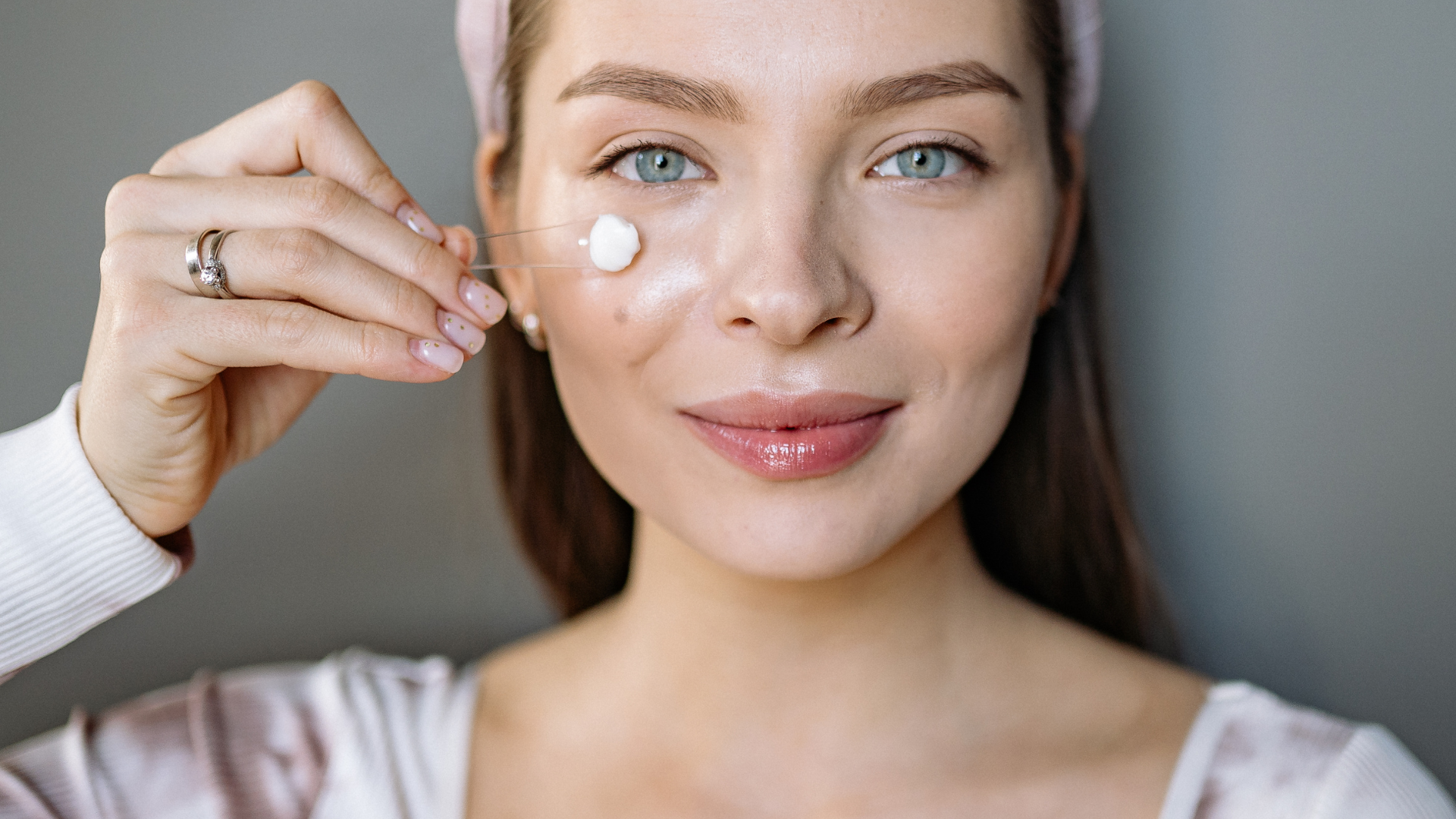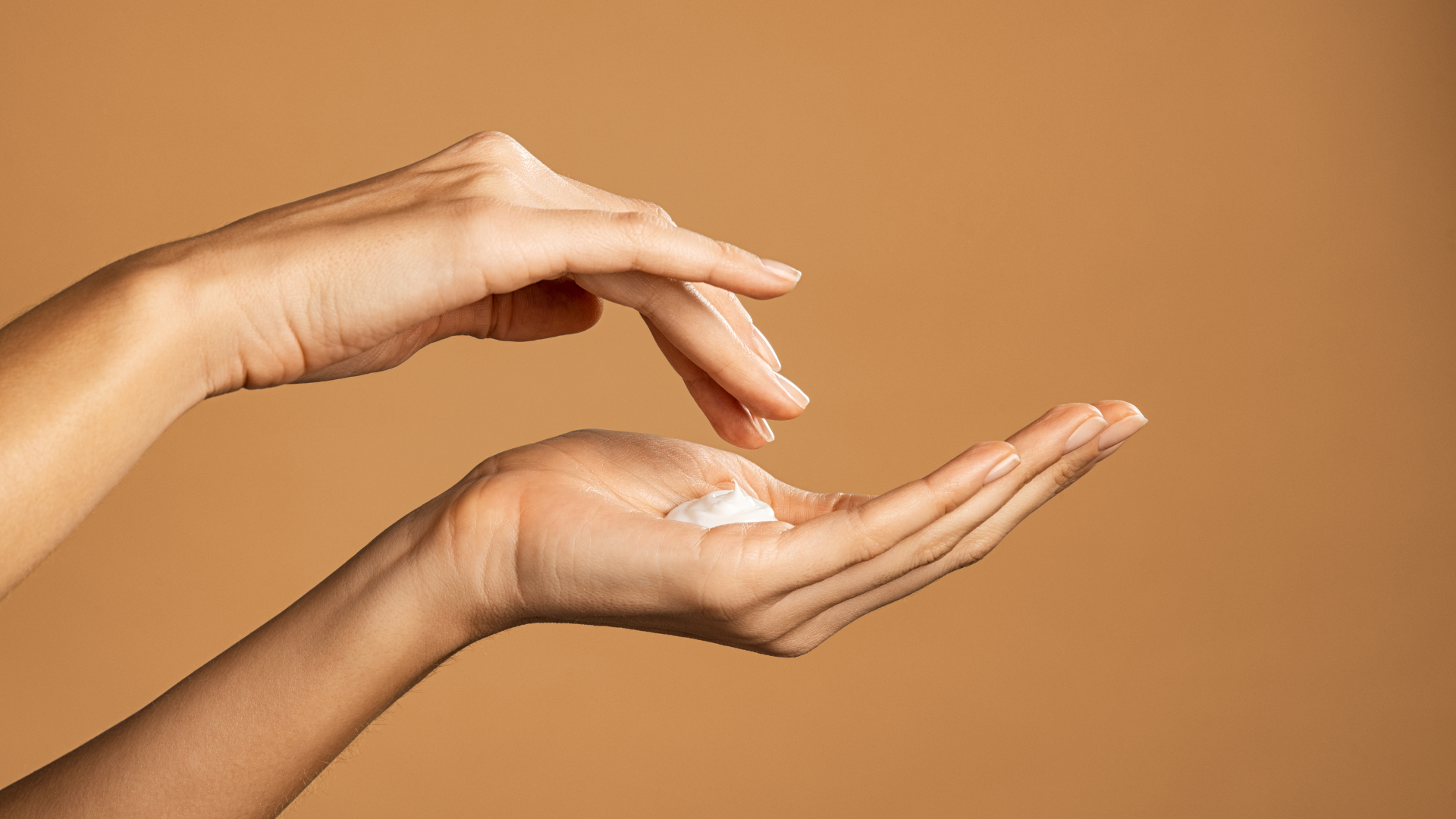DERMOCOSMETICS FOR HEALTH AND BEAUTY
FREE SHIPPING FROM £ 299
RECEIVE 10% DISCOUNT ON YOUR FIRST PURCHASE

Peptides in cosmetology - the secret of your skin's youthfulness
What are peptides?
Peptides, also known as polypeptides, occur naturally in the skin, but you will also find them in many skincare products - and for good reason.
Peptides are short chains of amino acids that are the building blocks of proteins such as collagen, elastin and keratin. It is these proteins that are responsible for the condition of your skin, its texture, strength and elasticity. Due to their small particle size, peptides penetrate the skin much more easily compared to larger protein molecules.
In the body, peptides have a number of key functions - including supporting repair processes, participating in intercellular communication and regulating numerous biochemical reactions.
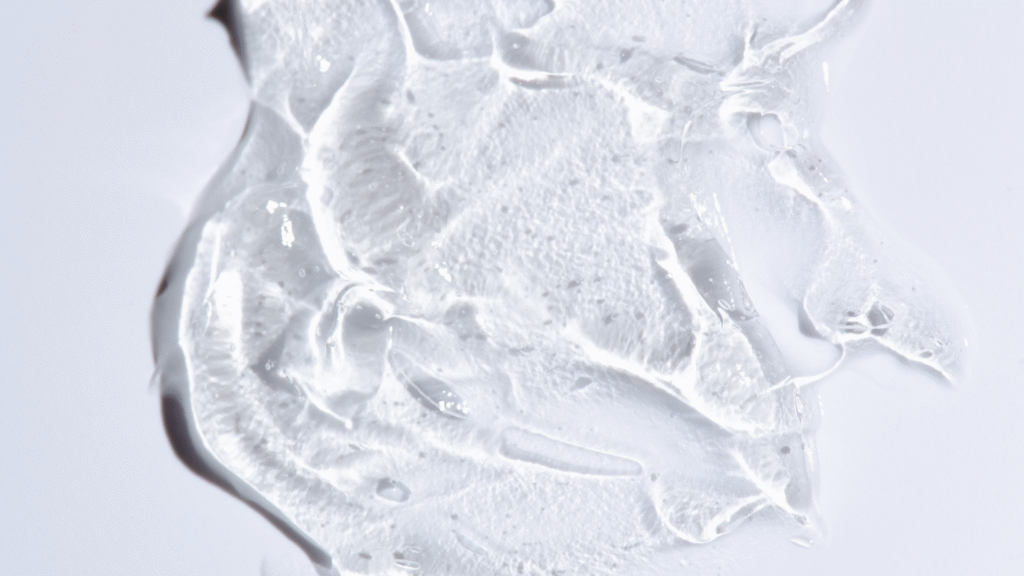
How do peptides in cosmetics work?
- Stimulation of collagen production
Collagen is one of the most important proteins responsible for the elasticity and firmness of the skin. Unfortunately, as we age, its amount in the body decreases, which translates into the appearance of wrinkles and loss of firmness. Some peptides are able to mimic the natural chemical signals that stimulate fibroblasts to increase collagen and elastin production. - Strengthening the skin barrier
Peptides promote the restoration of the natural lipid barrier and protect the skin from harmful external factors (e.g. pollution or UV rays). A stronger barrier means less water loss through the epidermis and, consequently, better hydration and increased skin elasticity. - Improving density and firmness
By stimulating regenerative processes and the production of structural proteins (e.g. type I and III collagen), the peptides help to improve skin tone. As a result, wrinkles become shallower and facial contours more defined. - Brightening and levelling effect
Certain types of peptides reduce the synthesis of melanin, which helps to cancel out discolouration and pigmentation spots, leading to a more uniform skin tone. - Anti-inflammatory effect
Peptides soothe irritation and promote regenerative processes. They are therefore a valuable ingredient in the care of sensitive skin and skin prone to irritation and inflammation.
Neuropeptides in cosmetology.
Among the most fascinating types of peptides are the so-called neuropeptides. They consist of a few to several amino acids and have a wide range of actions:
- They transmit information between nerve cells.
- They are involved in the processes of nutrition, regeneration and cell multiplication in the body.
- They accelerate the absorption of nutrients.
- Improve the appearance of the skin: strengthening cells and evening out skin tone.
Studies show that when applied topically, peptides visibly reduce the number, depth and length of wrinkles. Additionally, after just 4-6 weeks of application, they can increase skin thickness by approximately 4% and reduce skin roughness. Thanks to neuropeptides, muscles relax and the face looks younger and healthier. In cosmetics, peptide therapy is now recognised as an excellent alternative to botulinum toxin injections.
Among the neurotransmitters that peptides are responsible for secreting are acetylcholine, which is secreted from nerve endings at the neuromuscular junction. Under its influence, muscle contraction occurs. Certain combinations of peptides - such as the patented peptide formula in the Cremin booster - inhibit the secretion of acetylcholine, which prevents the formation of facial wrinkles.
Peptides in skin care: a multicomponent approach.
Although peptides are exceptional, they alone are not enough to completely transform the condition of the skin. At Cremini, we recommend that you use skincare products containing a cocktail of beneficial ingredients that combine perfectly. Why? Carefully selected multi-ingredient formulations have increased efficacy, which is backed by research.
Peptides vs Botox.
Peptides are an effective and safe alternative to botulinum toxin, showing a similar mechanism of action. 'Botox-like' peptides block the flow of impulses sent from nerve cells to muscle cells. Their main task is to relax the muscles responsible for the formation of facial wrinkles.
They non-invasively destabilise the structure of the trans-membrane factor, which prevents the release of acetylcholine into the muscle cells. In this situation, the facial muscles cannot contract. This makes the skin smoother and wrinkles less visible.
In addition, the application of peptides to the skin enhances the effects of botulinum toxin between injections, showing 3x more visible skin smoothing on the forehead and around the eyes.
In Cremini's peptide booster you will find a patented peptide formula, at a concentration of 10%, which enhances the anti-wrinkle action of botulinum toxin. As a result, you will notice a marked reduction in the wrinkles of the forehead and eye area.
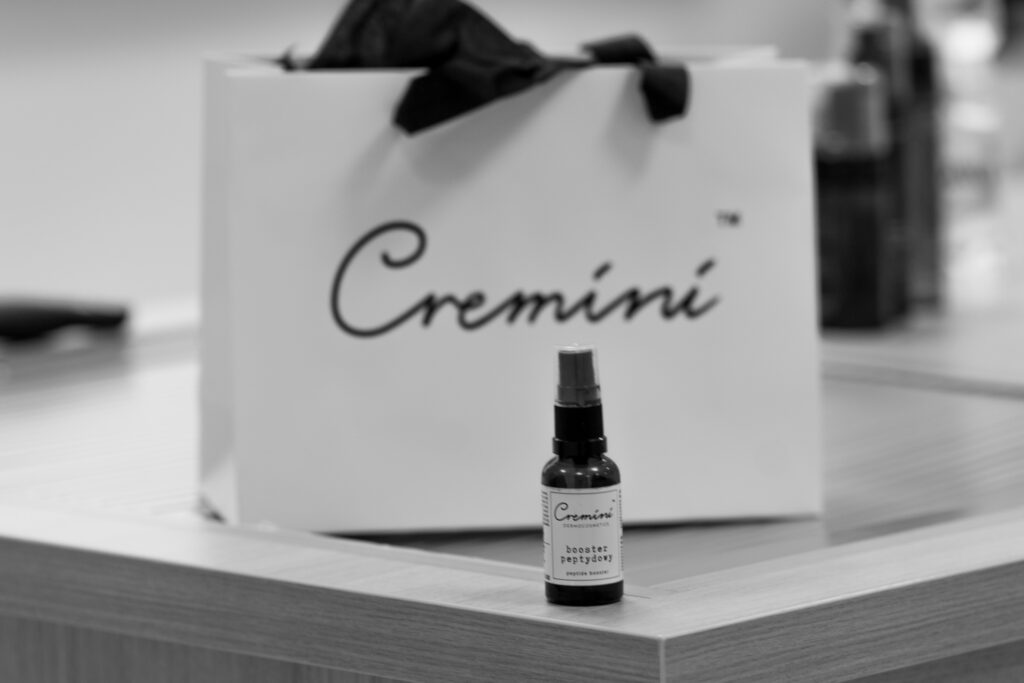
Summary
Peptides are a key ingredient in the fight against ageing and deserve a permanent place in daily skincare. Thanks to their ability to stimulate collagen production, strengthen the protective barrier and soothe irritation, they can significantly improve the appearance and condition of the complexion. Thanks to their small size, they reach deeper than classic proteins, which translates into their effectiveness. Regular use of products with peptides - in the form of serums, creams or masks - is one of the cornerstones of modern anti-aging care.
*Isaac Peral 17 Pol. Industrial Cami Ral-08850 Gava (Barcelona) Spain, Ed. 17A, 2014-2015, 2017


